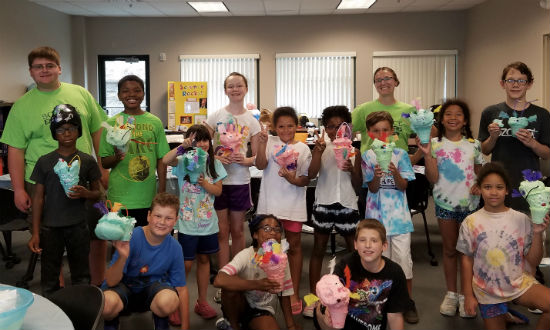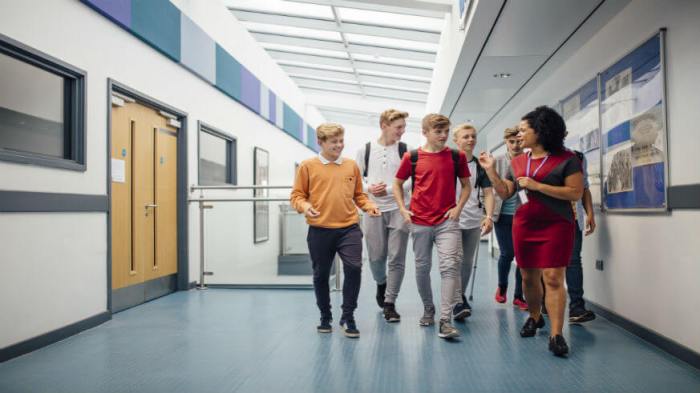Finding the best charter school for your child can be a difficult thing. The most desirable ones may often times not be within your school district and your only resort for quality education is to send your kids to an expensive private school that could be many miles away. So why do you have to limit yourself to the schools that are provided within these rigid district lines? This is exactly the problem that schools like the Pennsylvania Cyber Charter School (PA Cyber Charter School) are trying to evaporate with their easily accessible and completely online curriculum for Kindergarten through twelfth grade students.

[Photo Credit: PA Cyber Charter School]
Opening up learning possibilities in the digital age with PA Cyber Charter School
Ever since the school opened eighteen years ago, PA Cyber Charter school has expanded their reach exponentially every year. “The school started with the purpose of educating a small amount of kids who lived just in this area at a time when most people had dial-up internet service,” explains Brian Hayden, the schools Chief Financial Officer. “Cyber education didn’t really have its own curriculum. It was new and untested. There were some people here who made some very forward thinking attempts to start a cyber charter school.”
The school came from humble beginnings. After only having two hundred students signed up in its first year, PA Cyber Charter School now has over eleven-thousand currently enrolled in it’s cutting edge curriculum that is changing the boundaries of traditional education as we know it. The school provides each of its students with laptops, printers, scanners, digital curriculum, and even internet subsidies for families and even mobile internet access (MiFi) for students who may have more transient living situations than others. Providing this sort of access, makes sure that students can learn in ways that makes the most sense for them even in the most rural areas in Pennsylvania and even under the most dire circumstances.
“Last year we had around one-hundred homeless students that we also provided internet access to for various means,” Hayden explains, “those students are often given MiFis in that case. Wherever they happen to be living that day, they can access their education.”
Making education accessible to all students at PA Cyber Charter School
For many students, the traditional aspects of school can be difficult to conform to. There may be many different extenuating circumstances that make it hard for them to attend, or, at best, a student can be learning at a pace far greater than a regular school’s curriculum can allow. With PA Cyber Charter School, students can take go through the curriculum as fast or as slow as they’d like to fit around their schedule at home.
Hayden has witnessed it all during his time with the school. “We have a fourteen year old who is about to graduate and is on his way to earning a four-year degree in computer sciences,” he explains. “We have kids who have come from being bullied and have anxiety in their traditional schools. We have kids who come from schools who have been determined to be ‘under performing’ and don’t live close enough to private schools. We have kids that are undergoing medical treatment that makes going to school difficult. Perhaps they have cancer and are getting chemo or radiation therapies. This way they can continue to attend school regardless of how they are feeling that day.”
This new form of online curriculum could be the future of education in America. And even those the students all learn from home, they all have the opportunities to meet outside of the classroom for events like trips to Pittsburgh Pirates games and even a prom set up by the school. Hayden does not lose sight of how vast the possibilities are for students at PA Cyber. “When I first started to get involved in this school somebody said to me ‘if there are ten-thousand students, there are ten-thousand reasons why people come here’” he says. Adding, “there are no reasons why people come here, there are many reasons why people come here.”
























